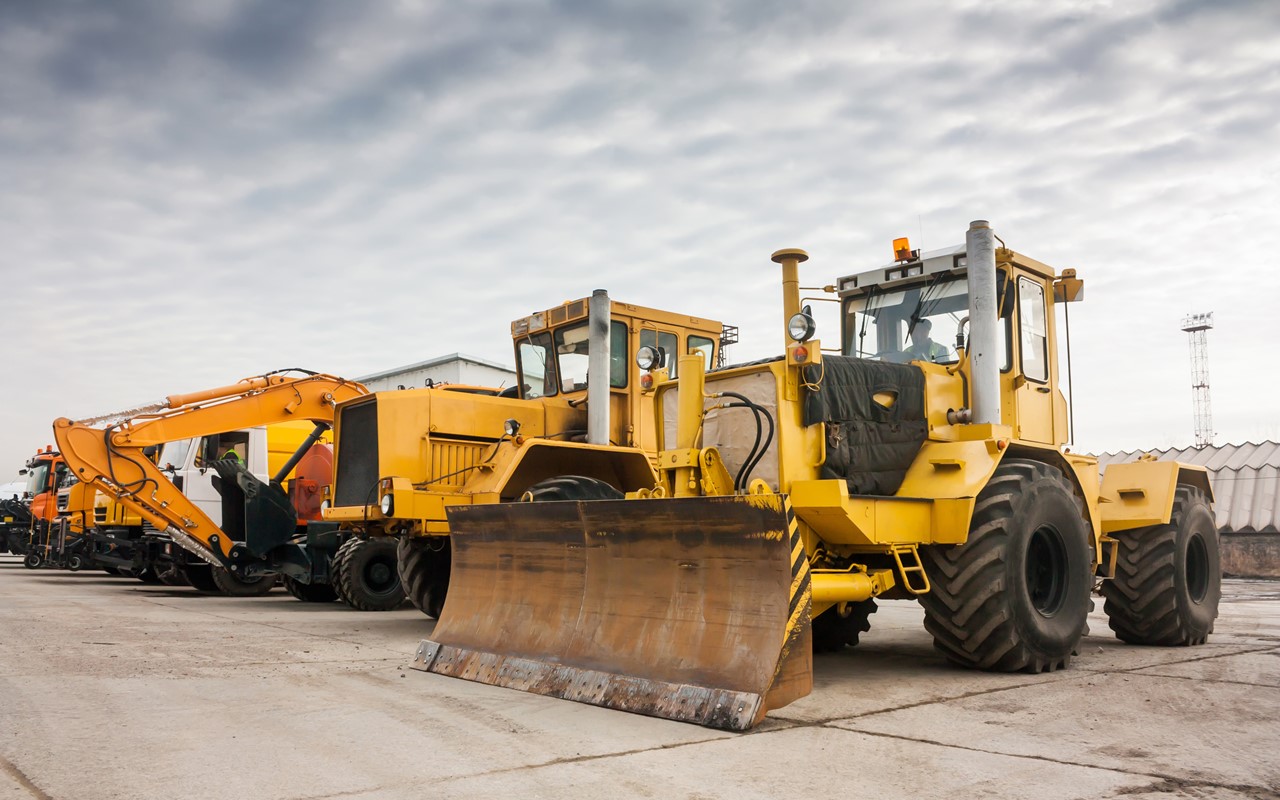Renting construction equipment can be a significant expense for any construction project. However, with the right budgeting strategies, you can maximize cost efficiency and ensure that you stay within your financial limits.
In this blog post, we will provide you with valuable insights and tips on how to budget effectively when renting construction equipment.
Whether you’re a seasoned contractor or a DIY enthusiast, these budgeting tips will help you make informed decisions and keep your project on track.
Choosing the Right Equipment
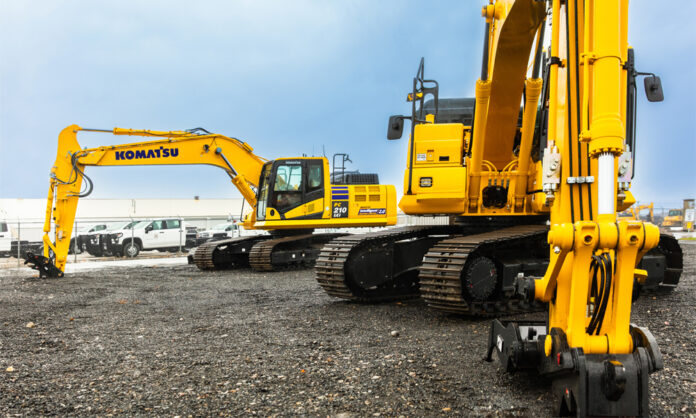
When it comes to heavy equipment rentals and construction equipment, the first step in effective budgeting is selecting the right tools for the job. Your choice can greatly impact your overall project costs. Here are some essential considerations:
Assess Your Project Needs
Before you start renting equipment, thoroughly assess your project requirements. What specific tasks do you need the equipment for?
Are there any specialized tools or attachments necessary for the job? By understanding your project needs, you can avoid renting gear that is either overkill or inadequate for the task at hand, saving you money in the long run.
Opt for Versatile Equipment
Whenever possible, choose versatile equipment that can handle multiple tasks. Versatility reduces the need for renting multiple machines, saving you both time and money.
For example, a skid steer loader with various attachments can perform a range of tasks such as digging, grading, and lifting, eliminating the need for separate gear.
Rental Duration and Timing
Once you’ve identified the right gear, the next step in budgeting is determining the rental duration and timing. Making wise choices in these areas can significantly impact your budget.
Short-Term vs. Long-Term Rentals
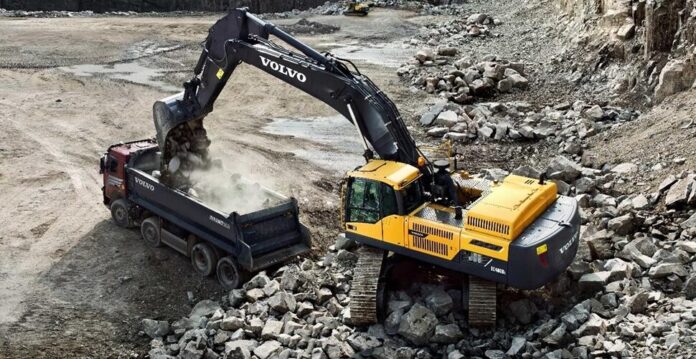
Consider the duration of your project when renting construction equipment. Short-term rentals are ideal for projects that require equipment for a brief period, such as a few days or weeks.
Long-term rentals are more cost-effective for extended projects, as they often come with lower daily or weekly rates. Choose the rental duration that aligns with your project timeline to maximize cost efficiency.
Plan and Avoid Rush Rentals
One common mistake is rushing into rentals at the last minute. This can lead to higher costs, limited availability, and reduced bargaining power. To save money, plan your needs well in advance. By booking it ahead of time, you can secure better rates and ensure the availability of the machinery you require.
Budgeting for Hidden Costs
When budgeting for construction gear rentals, it’s essential to account for hidden costs that can catch you off guard. These costs can significantly impact your budget if not properly considered.
Maintenance and Repairs
While leasing gear, you are responsible for its maintenance and any necessary repairs. Ensure that you budget for routine maintenance and factor in potential repair costs. Neglecting this aspect can result in unexpected expenses that strain your budget.
Transportation and Delivery
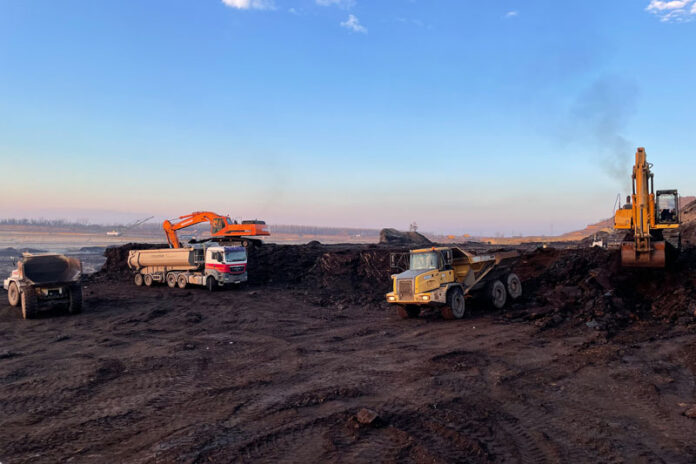
Don’t overlook transportation and delivery costs when budgeting for rentals. Depending on the size and weight of the machinery, transportation expenses can add up quickly. Consider the distance between the rental location and your project site to estimate these costs accurately.
Comparing Rental Providers
Choosing the right rental provider can have a substantial impact on your budget. Not all companies offer the same pricing, terms, or quality of service.
Get Multiple Quotes
To find the best deals, obtain quotes from multiple rental providers. This allows you to compare rates, terms, and the quality offered. Don’t hesitate to negotiate with the providers to secure the most cost-effective rental agreement.
Read Rental Agreements Carefully
Before signing any rental agreement, carefully review the terms and conditions. Pay close attention to factors like rental duration, rates, and any additional fees. Ensure that you understand the terms and are comfortable with the agreement before proceeding.
Maintenance and Operator Training
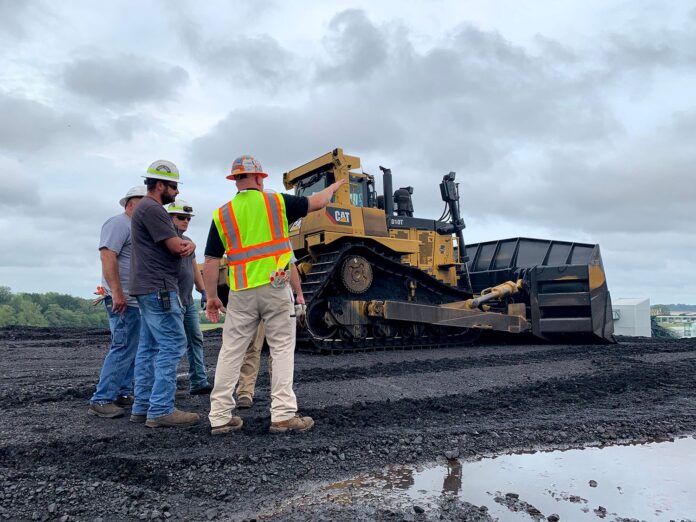
Proper maintenance and operator training are essential for maximizing cost efficiency when renting construction gear.
Regular Maintenance
Regularly maintaining the rented equipment is not only a safety requirement but also a cost-saving measure. Well-maintained machinery operates efficiently, reducing fuel consumption and the risk of breakdowns. Include maintenance schedules in your budget to avoid unexpected expenses.
Operator Training
Ensure that the equipment operators are adequately trained to use the machinery effectively. Inexperienced operators can lead to accidents, damage to equipment, and increased operational costs. Budget for operator training to prevent these issues and improve overall efficiency.
Fuel and Operating Costs
Fuel and operating costs are a significant part of your budget when renting construction gear. Managing these costs can help you stay within your budgetary limits.
Fuel Efficiency
Choose gear that is fuel-efficient whenever possible. Fuel-efficient machinery consumes less fuel per hour of operation, reducing your overall fuel expenses. Consider the type of fuel required and its availability in your area when budgeting for fuel costs.
Track Operating Hours
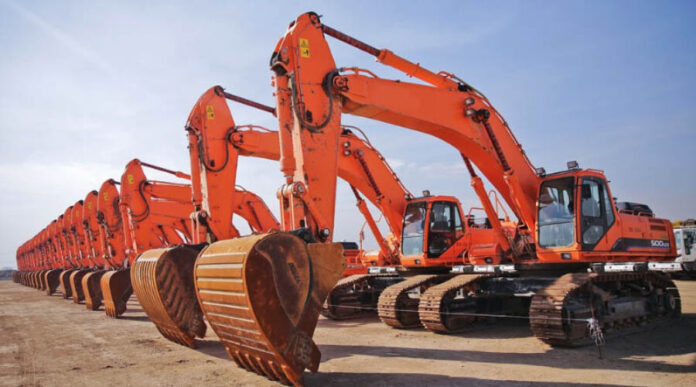
Monitoring it operating hours is crucial for budgeting purposes. Some rental agreements include a specific number of operating hours per day or week. Going over these limits can result in additional charges. Keep a close eye on operating hours to avoid unexpected costs.
Resale Value Considerations
If you are renting it for a long-term project, consider the potential resale value of the machinery once the project is complete.
Choose Equipment with Resale Value
Opt for equipment with good resale value. High-quality, well-maintained machinery can be sold or rented out to recoup a portion of your initial rental expenses. Factor in the estimated resale value when budgeting.
Plan for Depreciation
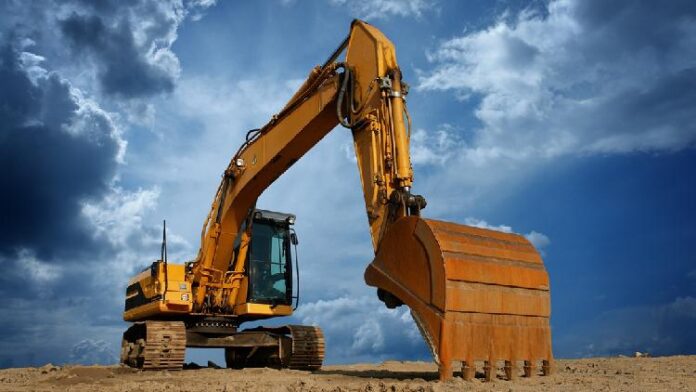
While rental costs are a significant part of your budget, don’t forget to account for depreciation. Machinery gradually loses value over time, which should be considered in your overall project budget.
Conclusion
For a variety of jobs, renting construction equipment might be an affordable option. Effective budgeting is necessary, though, to make sure you don’t go over your financial limit.
You can maximize cost efficiency and finish your construction project without going over budget by selecting the appropriate equipment, organizing your rental period, accounting for hidden costs, comparing rental providers, concentrating on maintenance and operator training, controlling fuel and operating costs, taking resale value into consideration, and giving safety and compliance top priority.
You will be able to make well-informed judgments and maintain the budget for your building project if you keep these budgeting pointers in mind.

